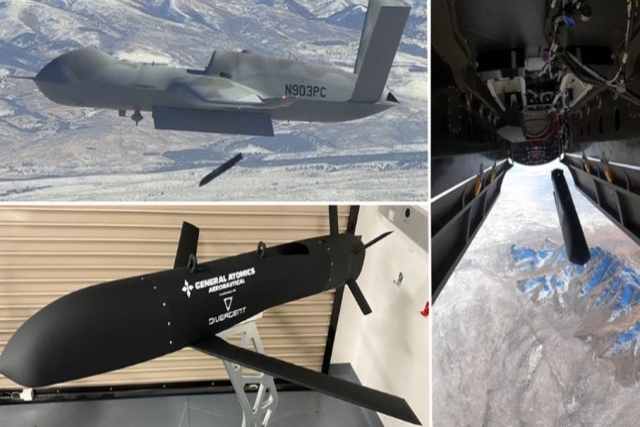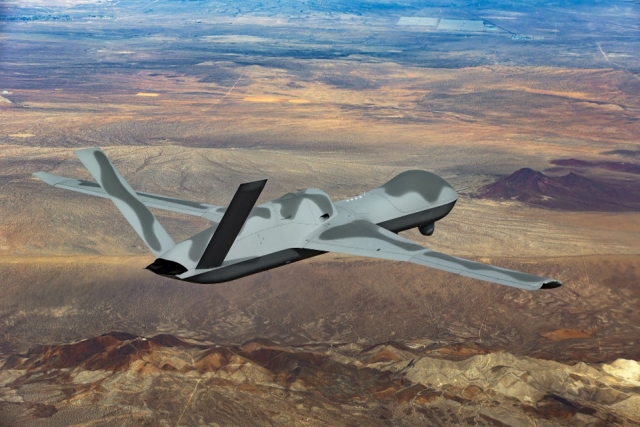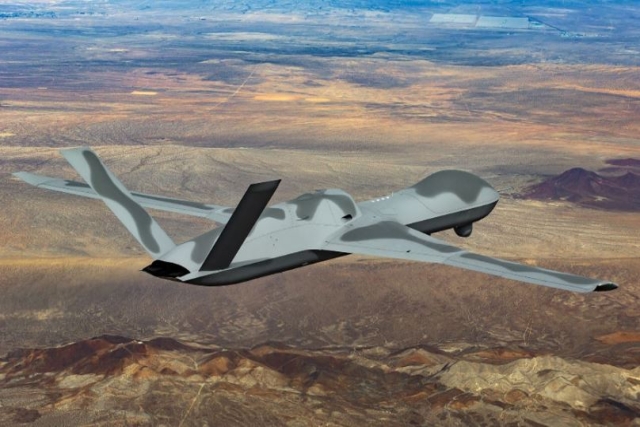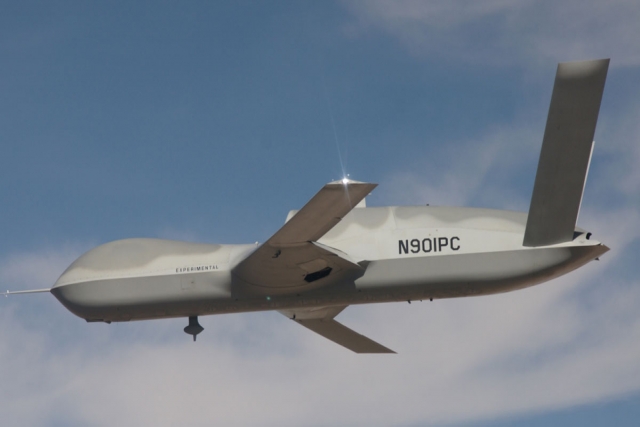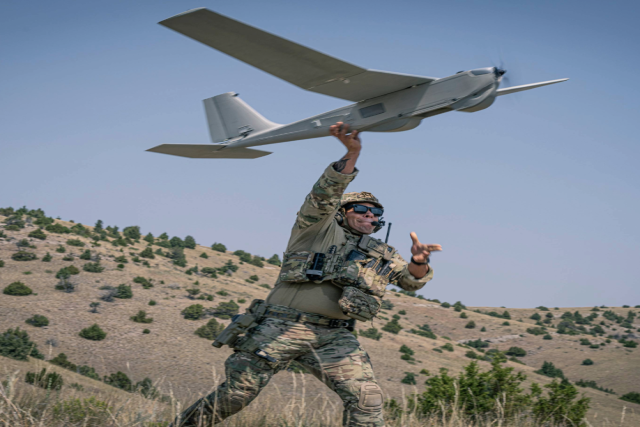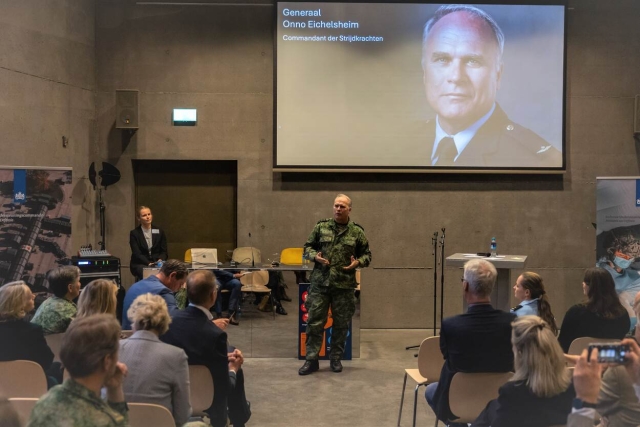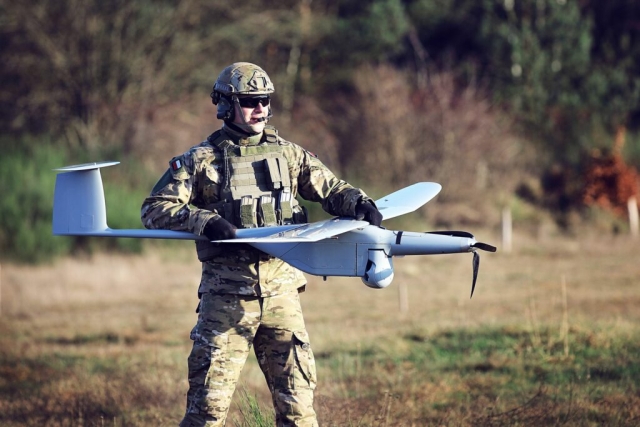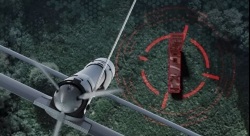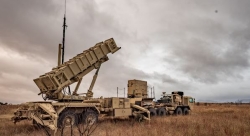Lockheed Martin, U.S. Navy Conduct First Uncrewed Flight with Carrier Aviation Control System
Live Test with MQ-20 Avenger Supports Navy’s Move to Autonomous Combat
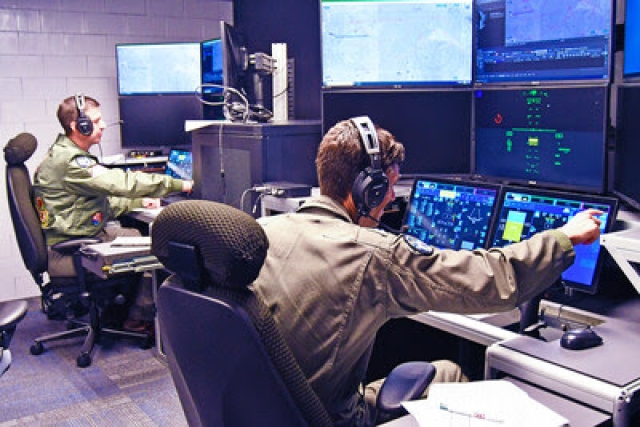
Lockheed Martin, in collaboration with the U.S. Navy and General Atomics, completed a live demonstration of an uncrewed air system controlled by the Unmanned Carrier Aviation Mission Control Station (UMCS).
This event marks the first time the UMCS has managed a live flight of an uncrewed aircraft, using the Skunk Works MDCX autonomy platform to control a General Atomics MQ-20 Avenger. The demonstration represents a step forward in advancing uncrewed aviation capabilities for the U.S. Navy and supports ongoing development for future defense programs, including the Collaborative Combat Aircraft (CCA) initiative.
The flight demonstration, carried out by U.S. Navy Air Vehicle Pilots from Patuxent River, Maryland, managed the MQ-20 Avenger’s flight, which took place in California. The MDCX platform played a central role in the operation, allowing for seamless integration between the MQ-20’s autonomy system and the UMCS, which demonstrated its capability for managing third-party platforms. Lockheed Martin Skunk Works Vice President John Clark noted that this achievement aligns with the Navy's vision for the "Carrier Air Wing of the Future" and is a significant step in advancing autonomy in naval aviation.
David R. Alexander, President of General Atomics Aeronautical Systems, Inc. (GA-ASI), highlighted that the demonstration not only advanced the UMCS's beyond-line-of-sight operational capabilities but also showcased the readiness of GA-ASI’s Tactical Autonomy Core Ecosystem (TacACE). This accomplishment emphasizes Lockheed Martin and General Atomics' collaborative efforts to push the technological maturity of autonomous uncrewed systems for future defense applications.
The demonstration is part of a larger effort under a Tri-Service Memorandum of Understanding (MoU) between the U.S. Navy, Air Force, and Marine Corps to support the development of critical sub-systems for CCA platforms. The U.S. Navy leads the Department of Defense in creating a unified control architecture and ground control station (GCS) for these uncrewed systems, aiming to enhance interoperability and streamline integration across joint forces. Lockheed Martin's Skunk Works division has played an integral role in this effort, leveraging its decades of experience in providing ground control systems based on the U.S. government's Open Mission Systems architecture.
According to Navy officials, data gathered from this first flight test will help refine the UMCS requirements, informing future developments in command and control technologies, autonomy, and crewed-uncrewed teaming strategies. Future flight tests are planned to continue advancing the system's capabilities, paving the way for a more integrated uncrewed aviation fleet that could support U.S. Navy operations in diverse, high-threat environments.
